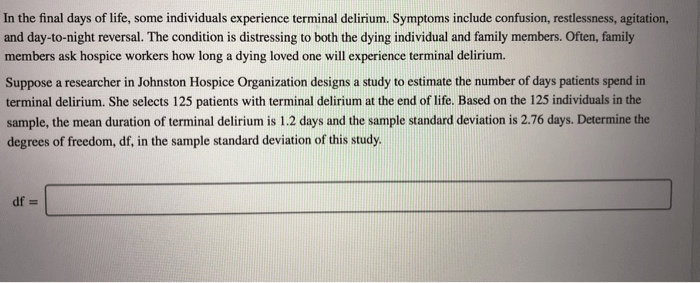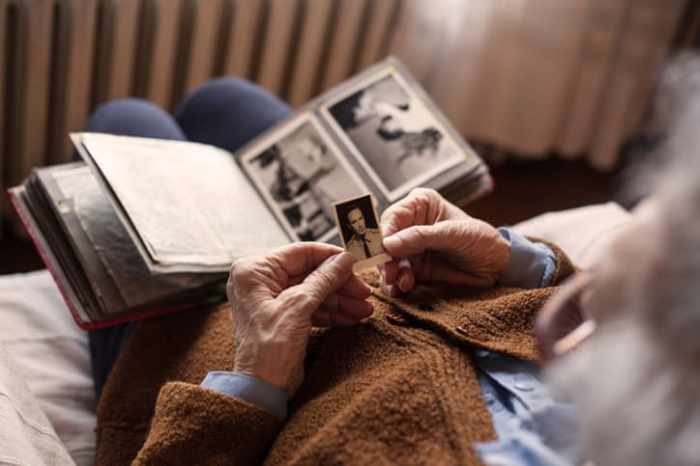According to the speaker in the video hospice workers include – According to the speaker in the video, hospice workers include a diverse range of healthcare professionals who provide end-of-life care to patients and their families. These dedicated individuals play a vital role in ensuring that patients receive compassionate and comprehensive support during their final days.
Hospice workers come from a variety of backgrounds, including nursing, social work, counseling, and chaplaincy. They work in a variety of settings, including hospitals, nursing homes, and private homes.
Definition of Hospice Workers

Hospice workers are healthcare professionals who provide palliative care and support to terminally ill patients and their families. Their primary responsibility is to ensure that patients are comfortable and have a dignified end-of-life experience.
Roles and Responsibilities

Hospice workers have a wide range of roles and responsibilities, including:
- Providing physical and emotional support to patients and families
- Managing pain and other symptoms
- Assisting with personal care, such as bathing and dressing
- Offering spiritual and emotional counseling
- Educating patients and families about end-of-life care
- Coordinating care with other healthcare professionals
Hospice workers play a vital role in ensuring that patients receive the best possible care during their final days.
Types of Hospice Workers: According To The Speaker In The Video Hospice Workers Include

There are many different types of hospice workers, including:
- Nurses
- Social workers
- Chaplains
- Counselors
- Volunteers
Each type of hospice worker has their own unique skills and qualifications. For example, nurses are responsible for providing medical care, while social workers help patients and families cope with the emotional and practical challenges of end-of-life care.
Education and Training

Hospice workers typically have a bachelor’s degree in a related field, such as nursing, social work, or counseling. They may also have additional training in hospice care. In addition, hospice workers must be certified by the National Hospice and Palliative Care Organization (NHPCO).
Ongoing professional development is essential for hospice workers. They must stay up-to-date on the latest advances in hospice care and best practices.
Challenges and Rewards
Working as a hospice worker can be both challenging and rewarding. The challenges include dealing with the emotional and physical demands of the job. Hospice workers often see patients who are in a great deal of pain and discomfort. They may also have to deal with the death of patients.
However, the rewards of working as a hospice worker can be great. Hospice workers have the opportunity to make a real difference in the lives of patients and their families. They can help patients to live their final days with dignity and comfort.
They can also help families to cope with the loss of a loved one.
Importance of Hospice Workers
Hospice workers play a vital role in providing end-of-life care. They provide patients with the physical, emotional, and spiritual support they need to live their final days with dignity and comfort. They also help families to cope with the loss of a loved one.
Hospice workers are a valuable asset to the healthcare system. They provide a much-needed service to patients and families who are facing the end of life.
Expert Answers
What is the role of a hospice worker?
Hospice workers provide end-of-life care to patients and their families. They offer a range of services, including medical care, emotional support, and spiritual guidance.
What are the different types of hospice workers?
There are many different types of hospice workers, including nurses, social workers, counselors, and chaplains. Each type of hospice worker has a unique set of skills and qualifications.
What are the challenges of working as a hospice worker?
Working as a hospice worker can be challenging, both emotionally and physically. Hospice workers often deal with patients who are facing serious illnesses and death. They must also be able to support the families of these patients.